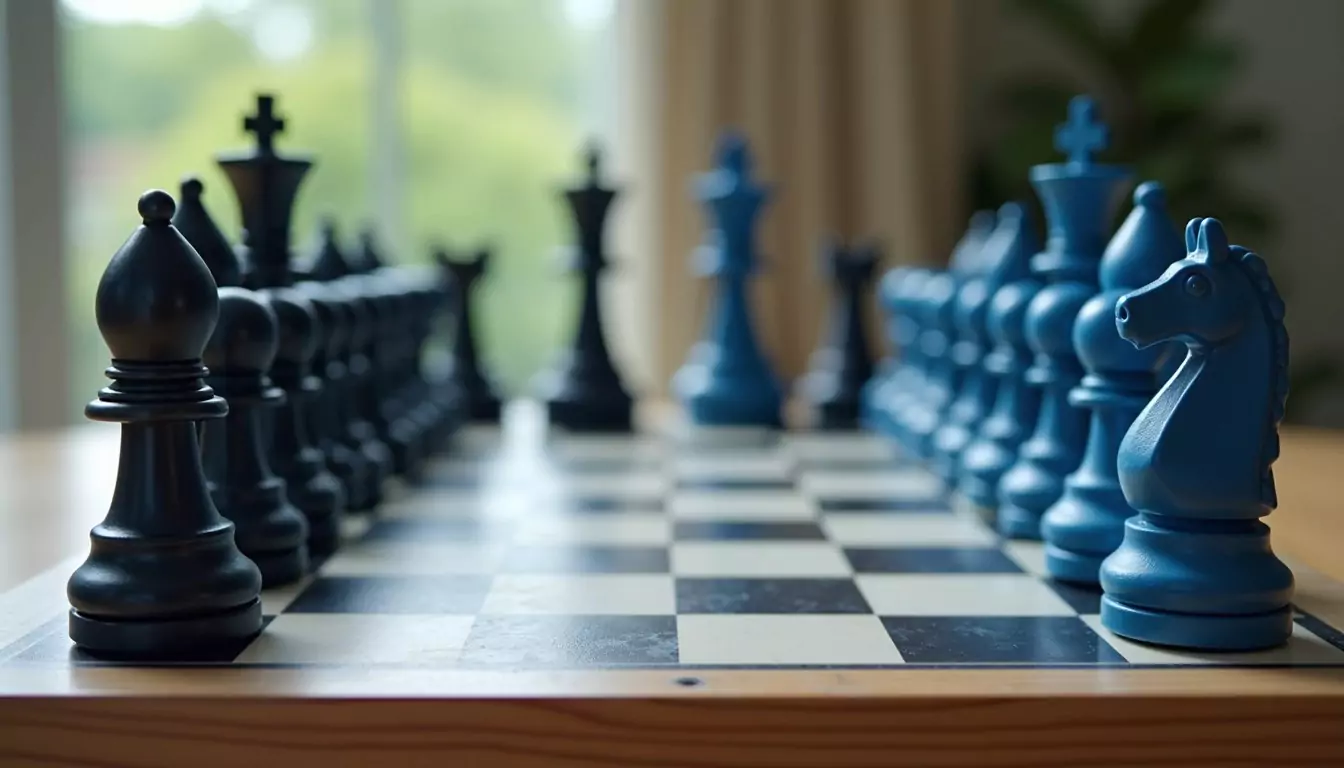Stress Management Techniques from Chess Champions: 7 Evidence-Based Strategies for High-Pressure Situations
Staying calm under pressure is a skill that many seek. High-level chess players show this trait every day. Their calm can make the difference between a win and a loss. In this article, we explore the science behind calmness. Chess is a game of deep thought and quick decisions. Grandmasters must plan many moves ahead.







